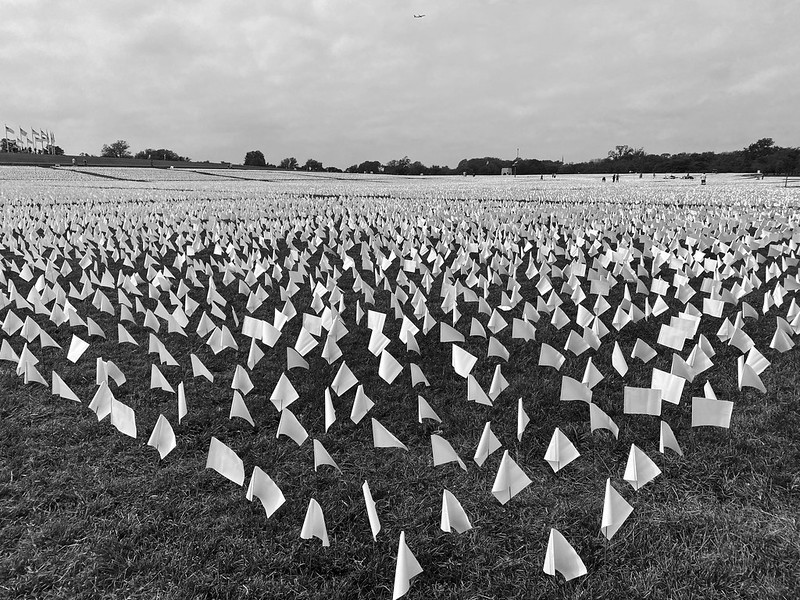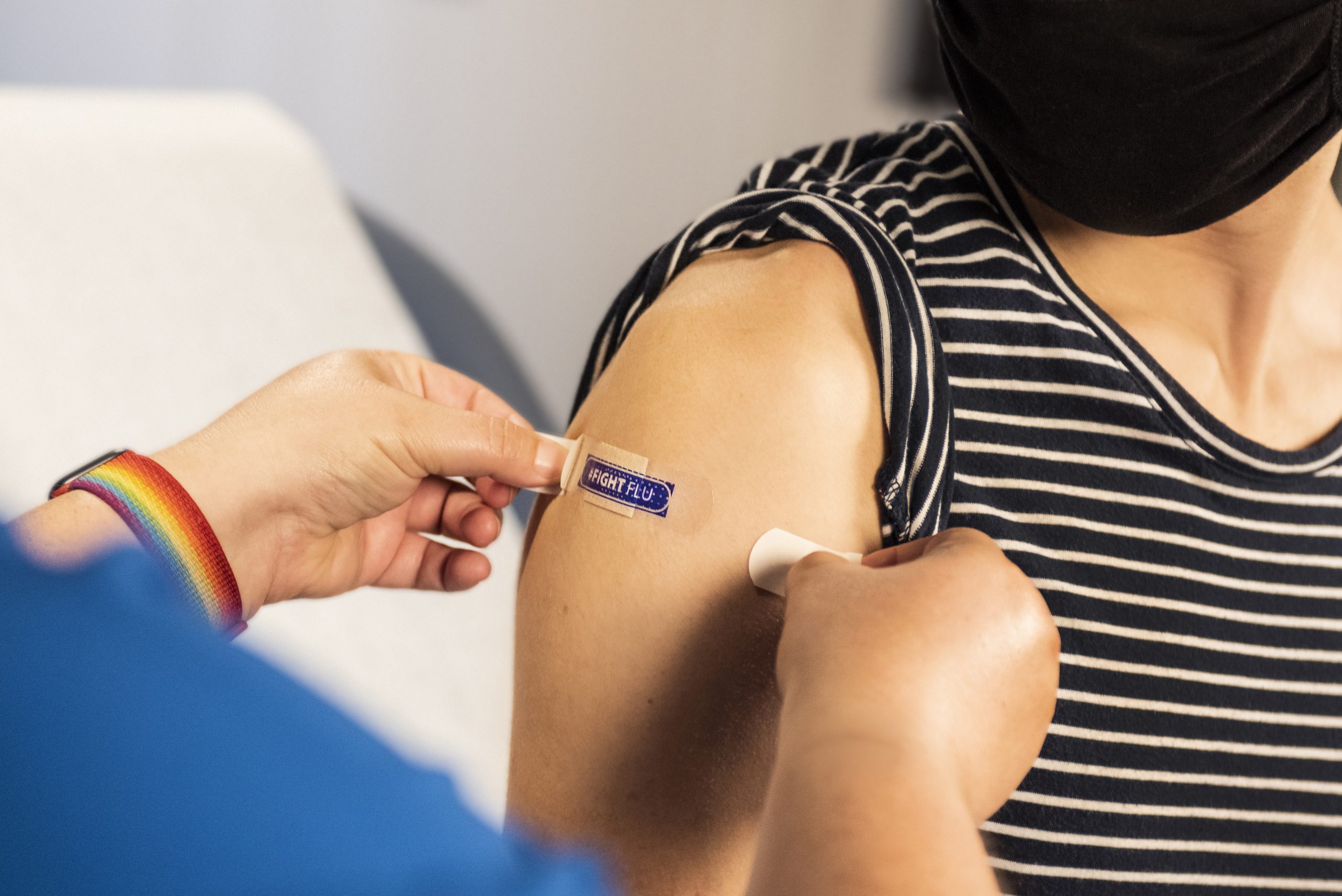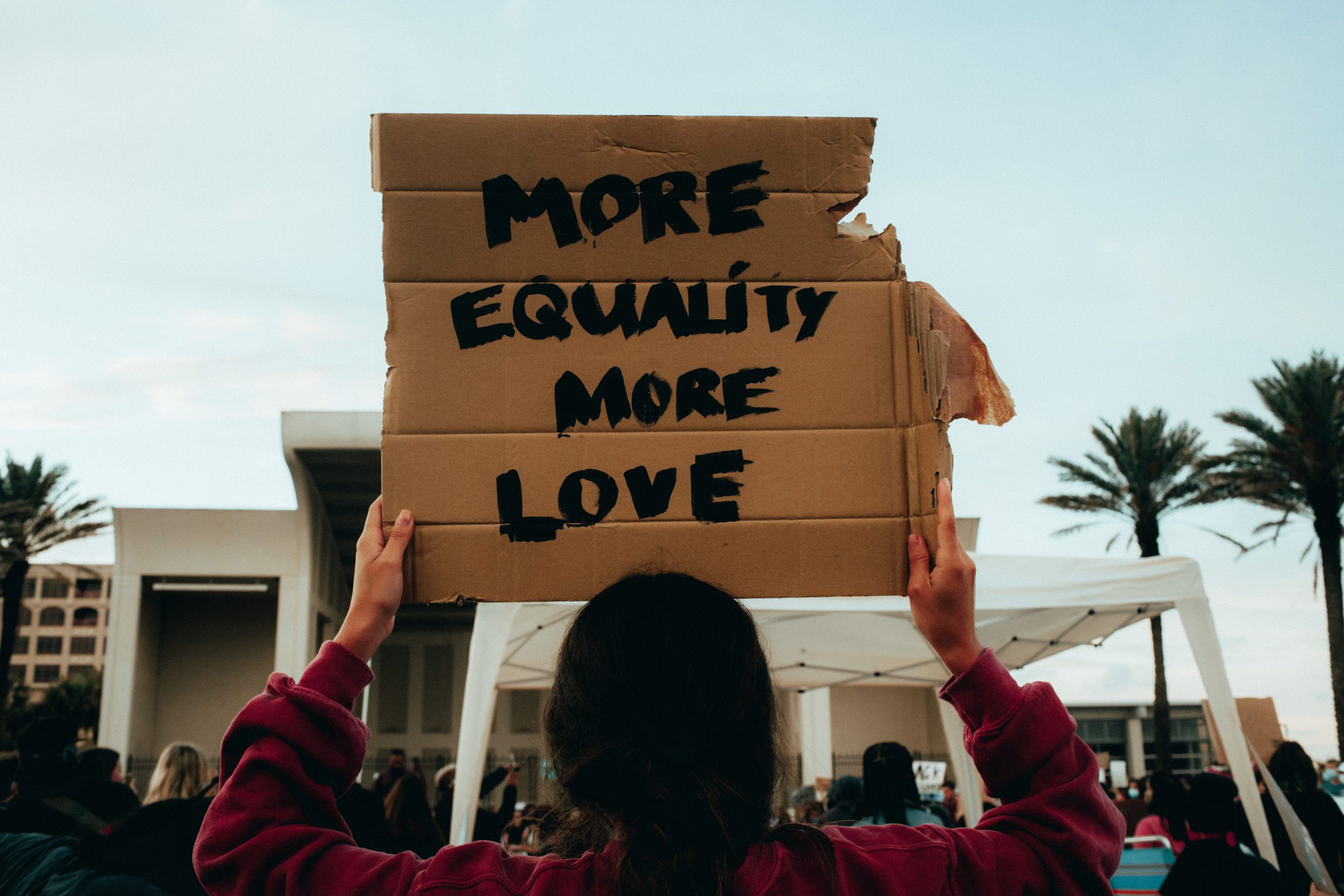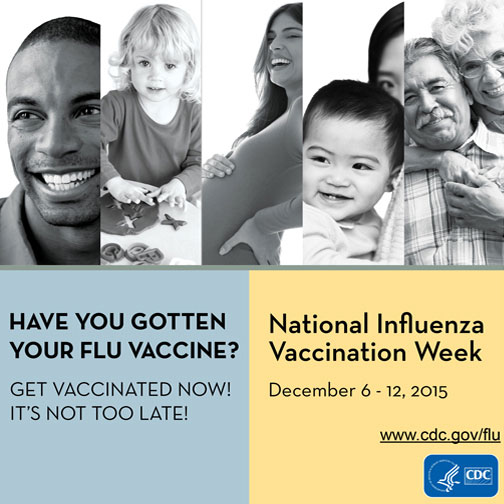Every day I read stories on the Internet and in the newspaper of the deaths of previously healthy people who died of COVID-19. They were good people, caring parents, working people who seemed like responsible citizens. What they all shared was not being immunized against COVID-19.
Maybe they were just “vaccine hesitant” — one of those who wasn’t convinced of the value and safety of the vaccines. Maybe they didn’t understand the true implications, or perhaps it’s more accurate to say the lack of implications, of an “emergency use authorization” by the FDA rather than a full approval.
Perhaps they believed they were healthy enough that they didn’t need the vaccination. They harbored the belief that their immune system was functioning well. After all, they felt they were healthy, exercised regularly, and took supplements.
Maybe the possible side effects of the vaccine were what discouraged the vaccine-hesitant. Most people who receive the vaccine have no or very mild side effects. So far, any of the reported serious side effects of the vaccine can also occur in people who come down with COVID-19 and the rate of these serious effects among the vaccinated is less than those who come down with the disease.
Or maybe they thought the precautions they took — avoiding crowds, using a mask, social distancing, good hand hygiene — were sufficient. Wasn’t this what “flattened the curve” during the first wave of the pandemic? If it worked once, then it should work again.
It’s also worth considering “vaccine impeded” communities that have been affected by inequity of access or those who are unable to take time off work or caregiving to make an appointment or recover from side effects.
Then there are the hardcore anti-vaxxers. There’s no convincing them the virus and the vaccine are not:
- A Democratic plot;
- A plot by Bill Gates or some other person to control peoples’ minds and actions;
- A scheme cooked up by big pharma to reap huge profits from the pandemic;
- A big lie by the government that will lead to an end to our democracy; or
- Other wild and nefarious plots, too numerous and too crazy to list.
What happens when one of these people gets sick — really sick with severe shortness of breath, fever, weakness, and other symptoms — and home care isn’t sufficient? They are rushed to the hospital where hopefully there is room in the emergency department for them to be seen and enough equipment for them to be appropriately treated. If they need a ventilator, they are admitted to the intensive care unit (ICU).
But what if there aren’t any available ventilators, or there aren’t any more ICU beds available? If all the surrounding hospitals are in the same predicament? If there just are no more ventilators or ICU beds available? Then it’s time for tough decisions.
Healthcare providers are taught that every human life has value and every person deserves good and humane medical care. We are taught that our prejudices shouldn’t influence the care we provide to the sick.
We are also taught to not blame the victim. The smoker with lung cancer deserves the same quality of care as a person who never smoked and developed lung cancer. The person who delays treatment to use “alternative therapies” or “natural therapies” deserves the same level of care as the person who is treated with the medically accepted course of care.
The problem this country faces is too many sick people and limited resources. Hospitals throughout the country are running out of ventilators, ICU beds, morgue space, and staff to run the equipment and provide the care. People with non-COVID illnesses can’t find an ICU bed because COVID patients fill all available — exactly what “flattening the curve” was supposed to avoid.
Healthcare providers and hospital staff are experiencing profound burnout. Caring for patients in an ICU is demanding both physically and emotionally. Add to that the emotional stress of losing so many patients who were healthy just a short time ago. It can be more than many healthcare providers can deal with.
Some significant health problems are difficult to prevent. Heart attacks, strokes, cancer, and many other ailments may take many years to become serious. There are many contributing factors that lead to serious problems, hospitalization, and eventually death. Some contributing factors are modifiable, while others are not.
COVID-19 is different. All the vaccines lessen the chances of becoming infected with the virus and, if infected, lessen the chances of needing hospital care or dying. It’s really quite simple — get vaccinated and live or don’t get vaccinated and have a good chance of dying.
But the consequences of not being immunized are much greater than for most other diseases. The unvaccinated are increasing the risk that others — immunized or not — will contract COVID-19. Their refusal to be vaccinated increases the chances that grandparents, children, or a spouse will become infected and perhaps die. Their action, or perhaps better stated, inaction, puts their children at risk.
Another consequence of their action is an increased risk of viral mutations that could result in a new strain that’s more contagious or deadlier than the current variants. There’s a saying that goes: “There’s no mutation without replication.” The more the virus replicates, the more likely it is there will be a mutation. It can only replicate in infected individuals.
It’s sad when anyone dies from a preventable illness. But it’s getting harder and harder to have sympathy for the willfully unvaccinated who die from COVID. They rush to the hospital when sick and demand help. They fill beds that should be available for people with other severe medical conditions. They increase healthcare costs which are passed on to everyone either through the increased cost of health insurance or uncollected hospital charges. They act as a reservoir for the virus, passing it on to others. They put a financial burden on their family. Whether they realize it or not, they are acting selfishly.
I am sympathetic to their surviving family members — spouses, parents, children — who lose a loved one.
But my compassion for the anti-vaxxer who dies from COVID-19 is waning. They took a gamble based on untrue information and lost. They had a choice. They could be happy and healthy, spending time with family and friends. They instead played Russian roulette and landed on the chamber with a bullet.
 Rich Sagall, MD, is the president and co-founder of NeedyMeds. He practiced family and occupational medicine for 25 years and now devotes all his time NeedyMeds. He has written and spoken on the obstacles people encounter in paying for their healthcare and medications.
Rich Sagall, MD, is the president and co-founder of NeedyMeds. He practiced family and occupational medicine for 25 years and now devotes all his time NeedyMeds. He has written and spoken on the obstacles people encounter in paying for their healthcare and medications.




